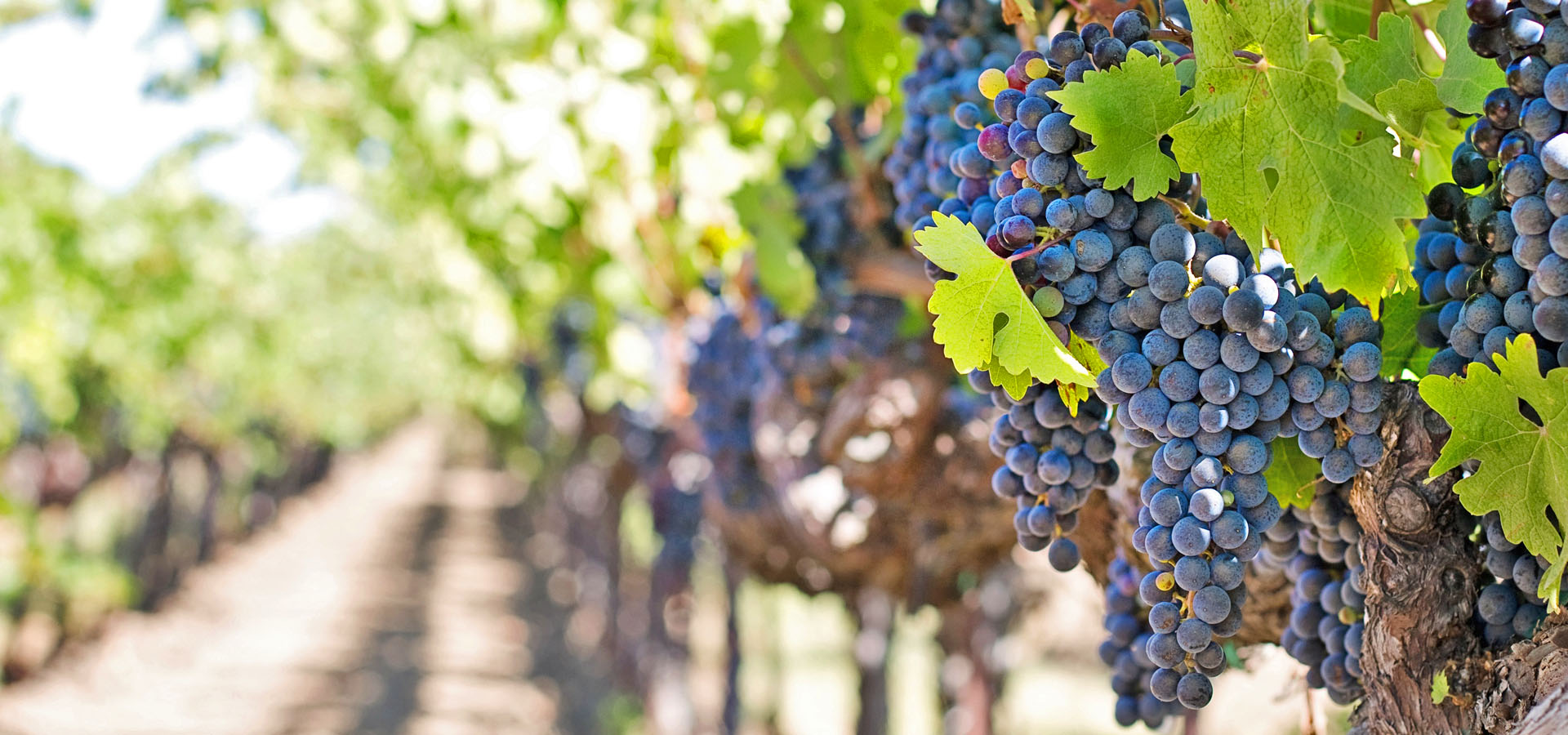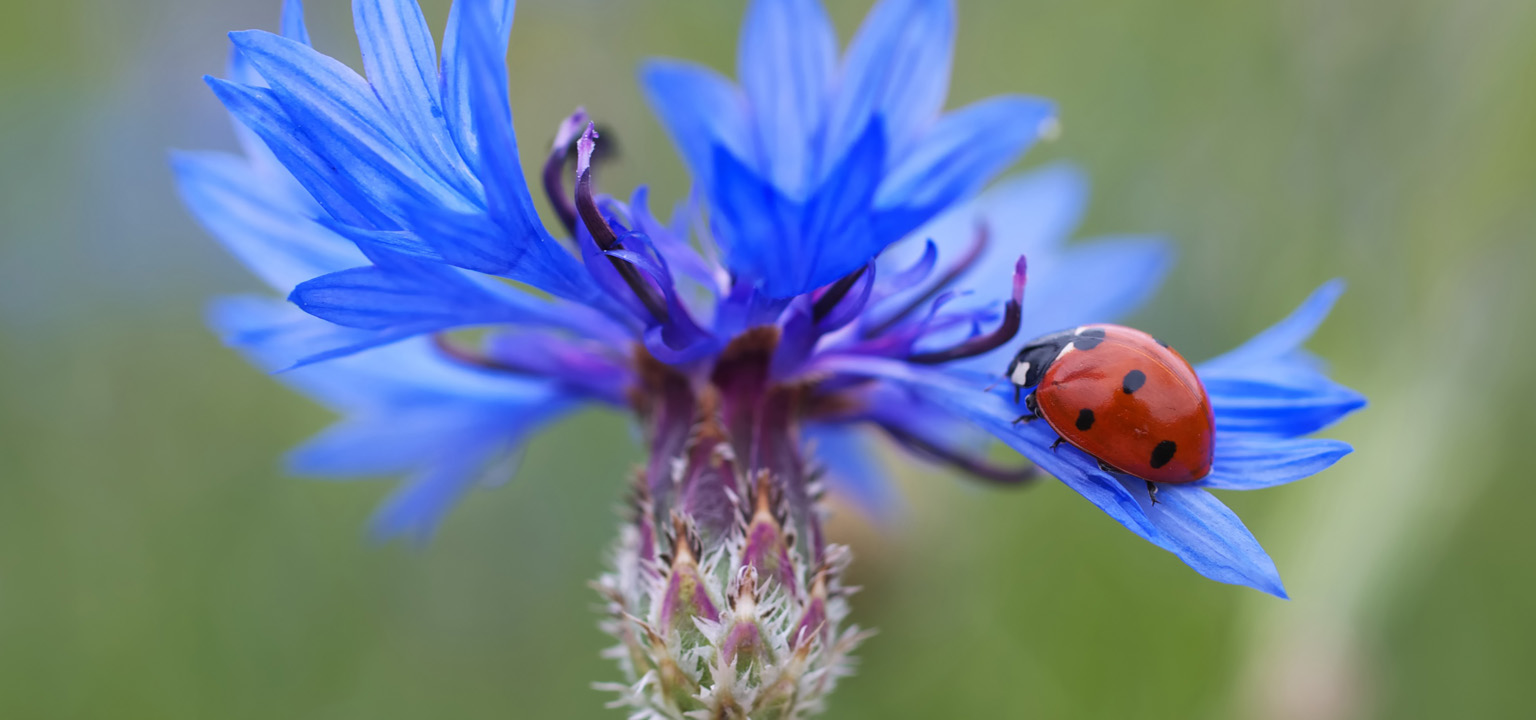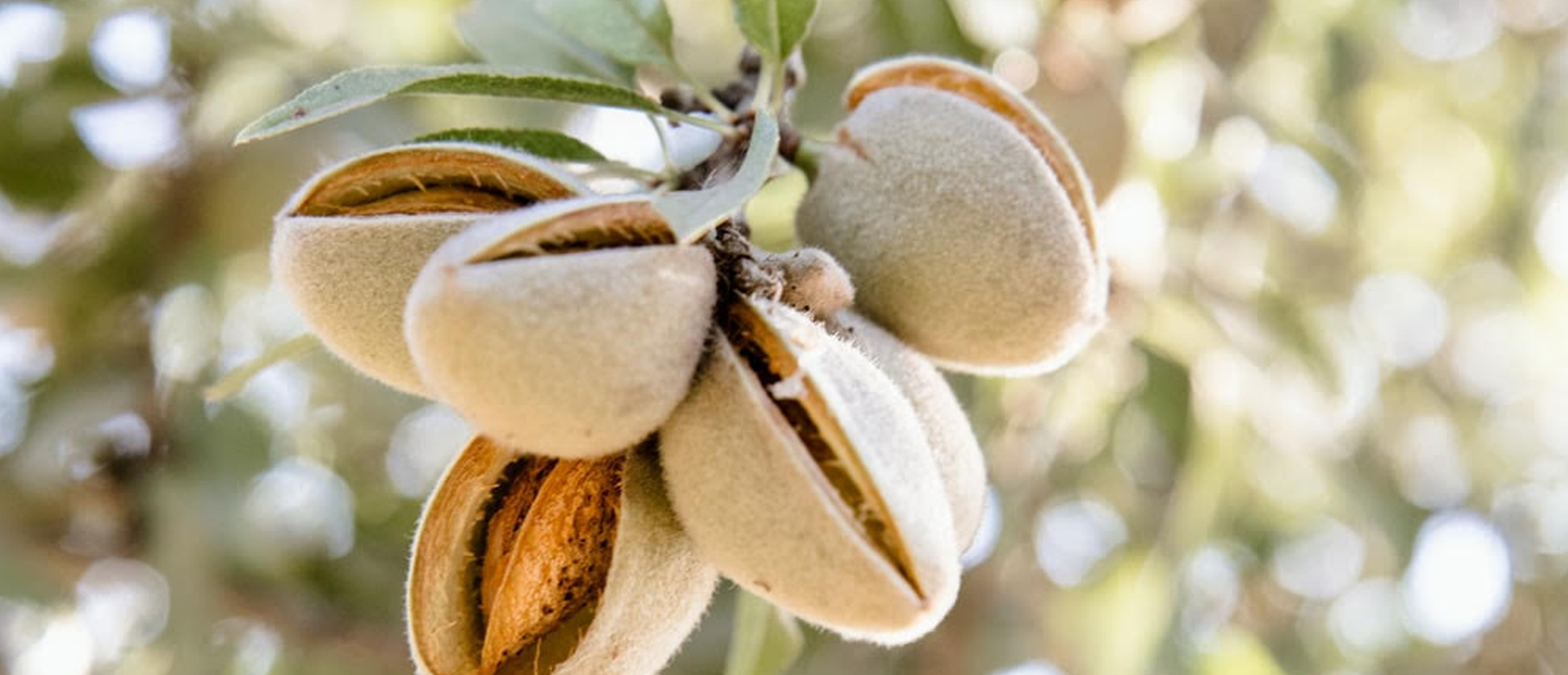Circadian Crop Sciences LLC has started a field trial to evaluate the effect of our pesticides on quality of wine grapes. Terroir is the characteristic taste and flavor imparted to a wine by the environment in which it is produced. Pesticides applied to the crop are part of that environment, but how do they influence the formation of flavors and influence the wine making process. That information is not required by the EPA and you won’t find it on any pesticide labels. Fungicides can have their own unique odors, they can modify the microflora on the grape skin, and they can affect yeast used for fermenting the wine, all of which can influence the quality of the wine. Great tasting wines are made from grapes treated with synthetic fungicides and insecticides, but no data is available on how they influence flavors in wine, and many of these chemicals are turning up in the bottled wines we are all drinking. Are these pesticides in wine hurting us? Who knows? Are they influencing terroir? Probably, but no one knows how. In our field testing we are spraying our minimum risk pesticides on cabernet grapes every other week up until two weeks before harvest. Each treatment block will only be treated with one pesticide. Wines will be made from each treatment block and compared with wine made from grapes without any pesticide treatment. Understanding how pesticides can influence flavors in wine gives vintners the ability to start customizing their wines in the field. Our pesticides also leave no pesticide residues, and we have a cost-effective alternative to sulfur.
An Innovative Field and Wine Making Field Trial




